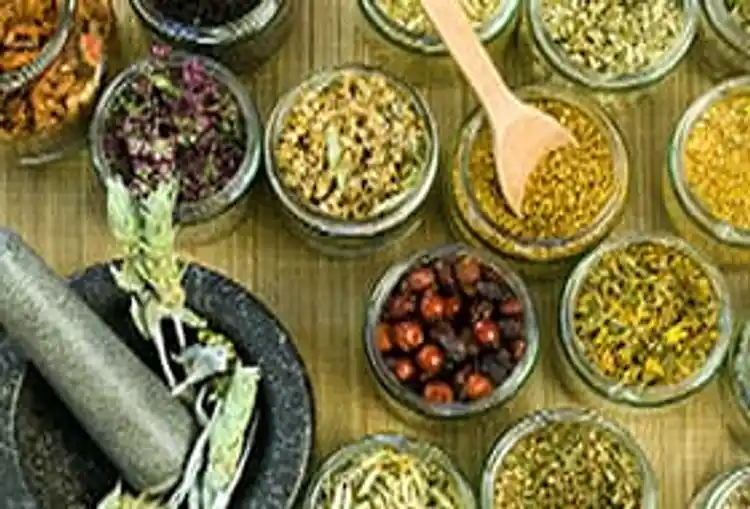Do Herbs and Supplements Aide Sleep?

Hide Video Transcript
Video Transcript
Michael Breus, PhD
There are probably 40 or 50 different herbs on the market that advertise that they really do something for sleep. There are only 4 or 5 that actually have any significant scientific data behind them. Valerian is a big one. Kava-Kava is another one, but people have to be very careful about Kava-Kava because it can have some pretty big effects on your liver and so if you have any problems with your liver whatsoever, I would never recommend trying something like Kava-Kava. Uh, melatonin, while it's not an herb, it is considered into the supplement range. You have to be very careful also, I think there's a general recommendation to be careful about herbs because they are not regulated by the FDA. So that means that I can make that in my garage and I can sell it at the local health food store and there's no purity standards. You never know how they are going to interact with other medications that you may be taking or they may progress another disease that you have. So, if somebody is going to go and find a more holistic, herbal supplement to take specifically for sleep, they should always talk to their physician about it. Make sure there aren't any interactions with it. And actually, I think there's an entire section on WebMD that talks about all the herbs and things like that, so definitely go and check that out. Other herbs that are interesting chamomile, actually has been shown, believe it or not, chamomile tea does help people fall asleep, Uh, lavender, but more in an essential oil or aroma therapy is the fifth. 